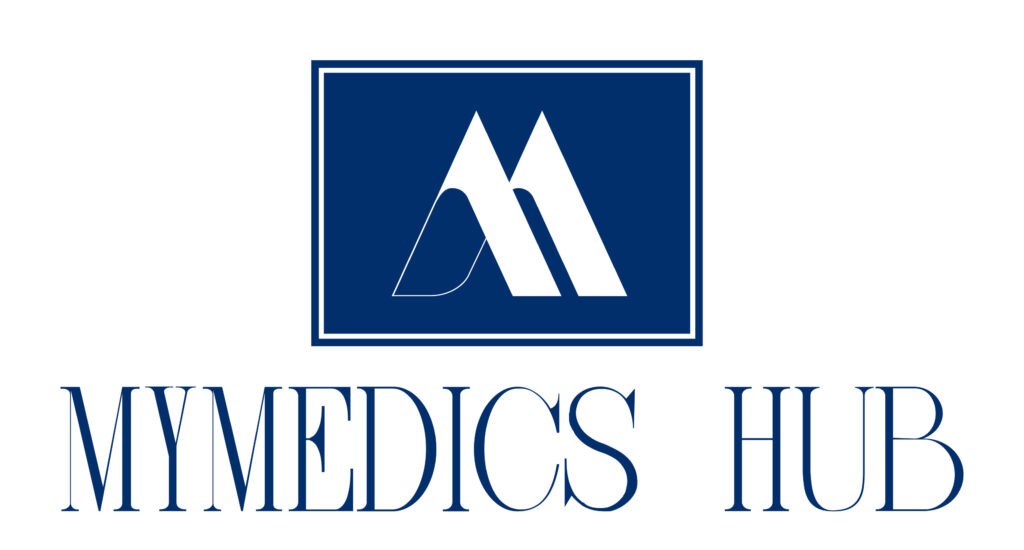Generally speaking Food Supplements are Good for the majority of people.
However, Food Supplements should not take the place of a Healthy Diet with lots of Fruit, Vegetables, and Water.
It should become part of your diet, and not a substitution.
The use of food supplements can be beneficial for certain individuals, but it’s essential to approach them with caution and under the guidance of a healthcare professional.
Food supplements, such as vitamins, minerals, and other dietary supplements, are intended to complement a person’s diet and provide nutrients that may be lacking.
Here are some considerations regarding food supplements:
- Nutrient Gaps:
Some individuals may have nutrient gaps in their diet due to various reasons such as dietary restrictions, medical conditions, or specific life stages (e.g., pregnancy, old age). In such cases, supplements can help fill these gaps. - Specific Health Conditions:
Certain health conditions may require additional nutrients. For example, individuals with a deficiency in vitamin D or iron may benefit from supplementation under the guidance of a healthcare professional. - Vegetarian or Vegan Diets:
People following vegetarian or vegan diets may need to supplement certain nutrients that are primarily found in animal products, such as B12, iron, and omega-3 fatty acids. - Pregnancy and Lactation:
Women who are pregnant or breastfeeding may require additional nutrients, and supplements like folic acid are commonly recommended to prevent birth defects. - Elderly Individuals:
Older adults may have difficulty absorbing certain nutrients and may benefit from supplements, particularly vitamin D and B12.
However, it’s crucial to be aware of the potential risks associated with excessive supplement intake:
- Toxicity: Some vitamins and minerals can be harmful in excess. For instance, excessive intake of vitamin A, vitamin D, iron, or selenium can lead to toxicity.
- Interaction with Medications: Certain supplements can interact with medications, affecting their absorption or efficacy. It’s essential to inform your healthcare provider about all the supplements you are taking.
- Quality of Supplements: The quality of supplements varies, and some may contain contaminants or not provide the claimed amount of nutrients. Choosing reputable brands and consulting with healthcare professionals can help mitigate this risk.
In conclusion, while food supplements can be beneficial in specific situations, they should not be used as a substitute for a balanced and varied diet. It is important to consult with a healthcare professional before starting any supplementation to ensure it is appropriate for your individual health needs and to avoid potential risks.




